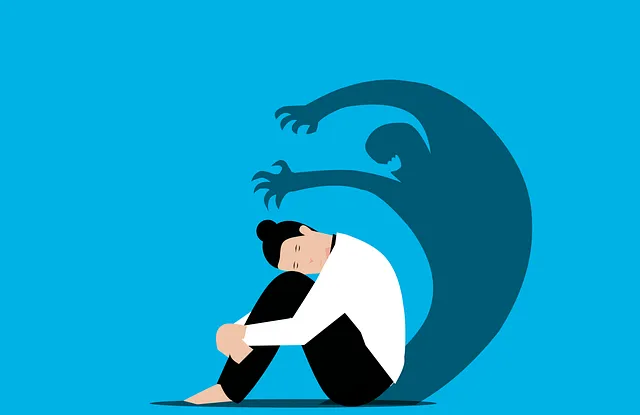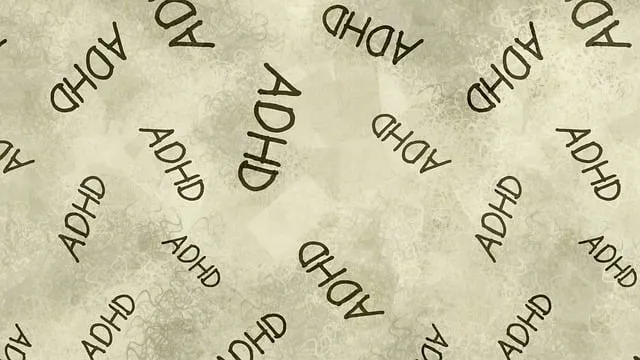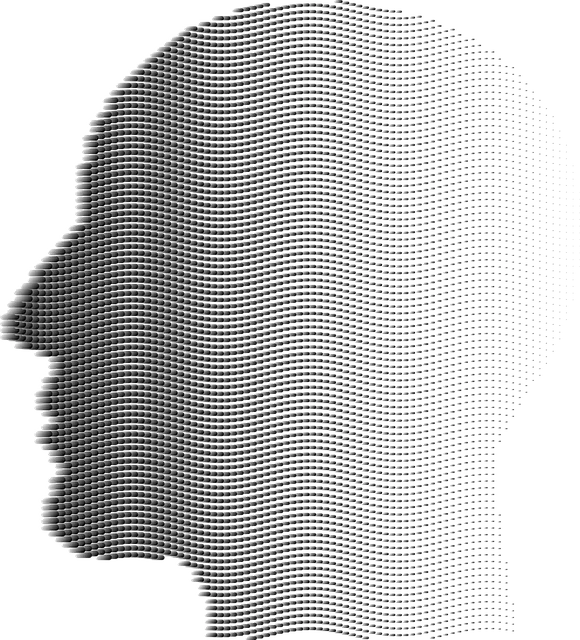Mental wellness apps are transforming access to care by offering personalized support, reaching a broader audience, and integrating features from organizations like Centennial Kaiser Permanente behavioral health services. These apps cater to diverse users with tools like meditation guides, mood tracking, and professional counseling, enhancing cultural competency. Integrated risk assessment tools enable early crisis detection for improved patient outcomes. The ideal app provides comprehensive holistic well-being solutions, including educational resources, interactive tools, and personalized tracking, empowering users through mindfulness practices and goal setting. Partnering with respected healthcare providers like Centennial Kaiser Permanente ensures evidence-based practices and a robust platform to foster better mental wellness outcomes. Effective marketing and user engagement strategies, inspired by Centennial Kaiser Permanente's offerings, are crucial for app success in a competitive market.
The rise of mental wellness apps has been propelled by a growing need for accessible, personalized support. This article explores the development of such apps, focusing on key features, effective integration of services like Centennial Kaiser Permanente behavioral health services, and successful marketing strategies. By understanding user needs and leveraging evidence-based practices, developers can create tools that foster resilience and improve overall mental wellness.
- Understanding the Need for Mental Wellness Apps
- Key Features and Functionality in App Development
- Integrating Centennial Kaiser Permanente Behavioral Health Services
- Marketing and User Engagement Strategies for Success
Understanding the Need for Mental Wellness Apps

In today’s fast-paced world, mental wellness is a critical aspect of overall health that often goes overlooked. This is where mental wellness apps step in as a revolutionary tool, offering accessible and personalized support to individuals seeking better mental well-being. The need for such applications has been increasingly highlighted, especially with the ongoing mental health crisis globally. Organizations like Centennial Kaiser Permanente behavioral health services have recognized this demand, emphasizing the importance of digital solutions to reach a broader audience and provide continuous care.
The development of mental wellness apps caters to a diverse range of users, addressing various issues from stress management and anxiety to more severe mental health conditions. With features such as meditation guides, mood tracking, and access to professional counselors, these applications aim to enhance traditional healthcare provider cultural competency training by offering immediate support and self-care tools. Moreover, risk assessment for mental health professionals can be integrated into these apps, enabling early detection of potential crises and promoting timely interventions, ultimately contributing to better patient outcomes.
Key Features and Functionality in App Development

The development of a mental wellness app should incorporate key features that cater to the holistic well-being of users. One such initiative could be integrating Centennial Kaiser Permanente behavioral health services within the app, providing easy access to professional counseling and support groups. This enables users to seamlessly connect with experts, participate in therapy sessions, and share experiences within a secure digital environment.
Moreover, incorporating functionalities that promote Mental Health Awareness through educational resources, interactive tools, and personalized tracking can empower users to actively manage their mental health. Encouraging mindfulness practices, setting achievable goals, and fostering open conversations around Mind Over Matter Principles can significantly contribute to the app’s effectiveness in enhancing overall well-being. Incorporating features that facilitate social connection and community support through Community Outreach Program Implementation further enriches the user experience by creating a sense of belonging and shared purpose.
Integrating Centennial Kaiser Permanente Behavioral Health Services

Integrating Centennial Kaiser Permanente Behavioral Health Services into mental wellness app development is a strategic move that enhances access to care and personalized support for users. By leveraging the expertise and resources of this renowned healthcare provider, developers can create robust platforms addressing various aspects of mental health. This integration opens doors to evidence-based practices, such as stress management techniques, social skills training, and tailored mental wellness coaching programs.
The collaboration allows for a comprehensive approach, ensuring that users not only gain access to tools for self-care but also receive guidance from professionals. With the support of Centennial Kaiser Permanente behavioral health services, app development can focus on creating engaging content, intuitive interfaces, and adaptive algorithms that cater to individual needs, fostering better mental wellness outcomes.
Marketing and User Engagement Strategies for Success

Marketing and user engagement are key aspects that can make or break a mental wellness app’s success. To stand out in a competitive market, developers should focus on creating an authentic connection with their target audience. Centennial Kaiser Permanente behavioral health services can serve as a powerful reference point, emphasizing evidence-based practices and professional guidance. By leveraging social media platforms and influencer partnerships, apps can increase visibility and build trust among potential users.
Engaging users requires more than just downloading the app; it’s about fostering a sense of community and providing valuable resources. Incorporating features that encourage user-generated content, such as success stories or forums for support, can boost interaction. Additionally, integrating gamification elements, like rewards for consistent engagement or milestones achieved through emotional healing processes, can enhance user experience. Healthcare provider cultural competency training can also be a differentiator, ensuring the app caters to diverse user needs and promotes inclusive practices.
Mental wellness apps are becoming increasingly vital tools, especially with the rise of digital health solutions. By integrating evidence-based practices, such as those offered by Centennial Kaiser Permanente Behavioral Health Services, developers can create effective and engaging applications. A successful app should prioritize user privacy, offer diverse therapeutic techniques, and foster continuous engagement through personalized experiences. Marketing strategies that target at-risk populations and emphasize the app’s unique value proposition will drive adoption. With a focus on accessibility, innovation, and tailored support, mental wellness apps have the potential to revolutionize care and improve lives.






